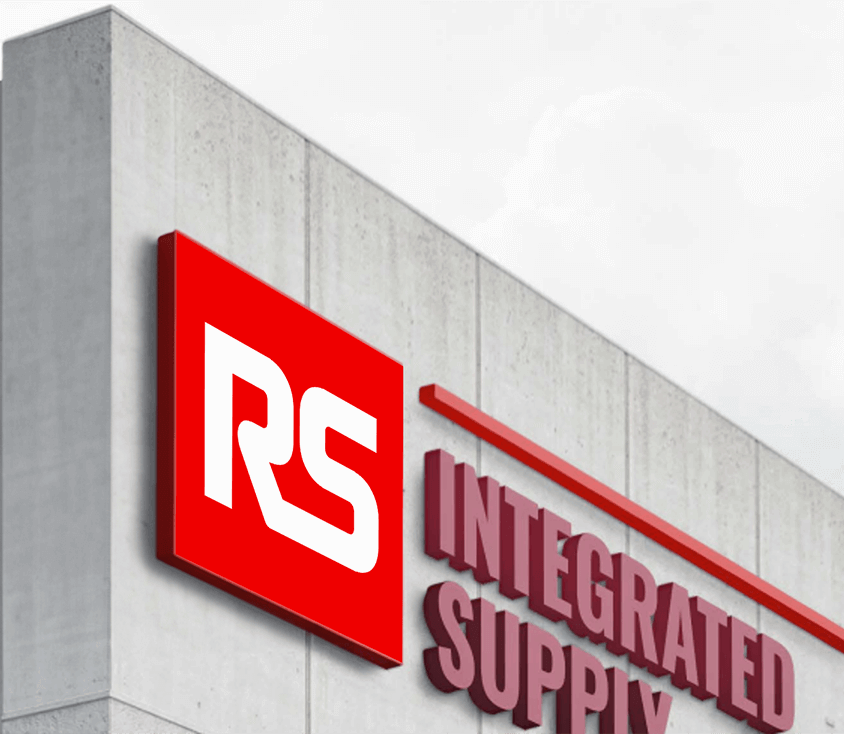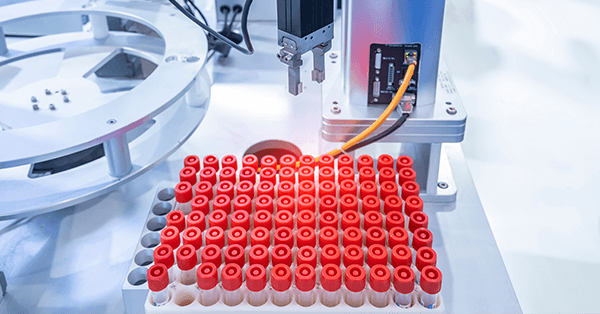Published on
Read time: 4 minutes

The challenge
In the Life Sciences industry, planned plant shutdowns are commonplace throughout any given year. Typically, shutdowns are related to preventive maintenance, or installation of new production lines or equipment. The shutdowns are sometimes necessary to meet or maintain FDA requirements or used to improve production efficiency by limiting or negating downtime.
Any delay in material delivery or kitting accuracy during the shutdown could significantly impact production and, ultimately, profits. Such delays cost companies tens of thousands of dollars each hour.
For this client, a shutdown was planned as part of regularly scheduled maintenance. Like any MRO-related project, data quality plays a significant role.
For this project, it was less the data quality and more how that data translated to actual purchases.
RS Integrated Supply needed to take a deeper dive to understand what plant areas required what parts and how many, and more specifically, to understand what parts are used at multiple locations throughout the plant.
It was clear that a single SKU could be used in multiple areas and listed numerous times within each area. It was the data team’s responsibility to understand the usage and share information with the buying team that streamlines that usage and drive cost savings.
That same information was used in developing the kitting strategy, where materials are catalogued and stored until needed by the client maintenance team.
The solution
The client had only a few months to plan the shutdown which involved six production lines spread across a 750,000-square foot production facility.
RS Integrated Supply began by reviewing the client’s required items and kitting requirements. The client team along with RS Integrated Supply buyers and managers outlined the steps required based on complexity and volume of materials and then began ordering the parts.
The team entered each part into the purchasing software system, identified suppliers required for those items and set up accounts with those suppliers, including arranging credit where needed.
At the same time, a master tracking document was created to understand the purchasing scope for each item and identify savings opportunities by working with partner suppliers.
Once vendor selection was completed, purchase orders were sent, and confirmation received, including the ability of the selected vendors – dozens in all – to meet the project timeline.
As materials arrived, each delivery was tracked and recorded, offering real-time status on percentage filled, location, etc.
Items were placed in designated staging areas of a 15,000 square-foot warehouse and labelled with critical details. They were placed in clear bags at proper quantity and, when complete, the bag heat-sealed, with a final label that included part number, client part number, description, quantity, work order and area delivery designation (inside the plant). An index number was also added to speed inquiry resolution. The index number identified where it is stored, where it is going, what percentage of materials are delivered, the assigned work order number and other information.
The finalized kits were then delivered to the client and placed in designated holding areas until needed.
RS Integrated Supply shutdown services have earned more than $5.5 million in value over five years for the client, or $1.1 million average per year.
The results
The first-year shutdown saw RS Integrated Supply process more than 1,660 kit lines for 60 kits with more than 1,080 SKUs, representing $1.23 million value.
The process went so smoothly, the client resumed production 1 ½ days earlier than scheduled, earning millions in additional production value. The success allowed the client to utilize RS Integrated Supply for five consecutive annual shutdown projects.
The shutdown services earned more than $5.5 million in value over five years for the client, or $1.1 million average per year. The 2019 shutdown project was the largest to date with more than 2,100 kit lines, 76 kits and more than 1,050 SKUs.




